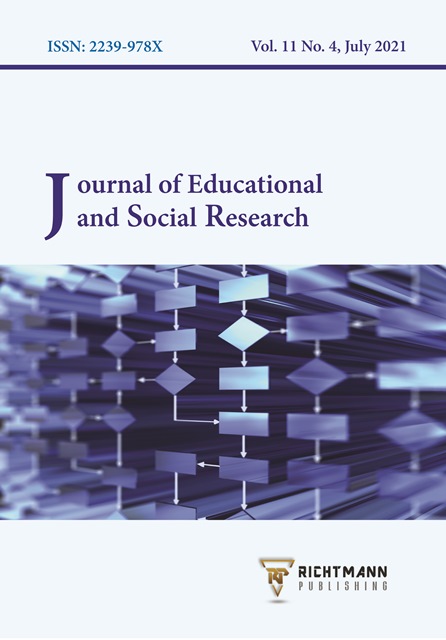The Collaborative Problem Based Learning Model Innovation
DOI:
https://doi.org/10.36941/jesr-2021-0080Keywords:
Collaborative Learning, , Problem-Based Learning, Innovation Model Learning, 21st-Century SkillsAbstract
Learning models that can specifically support 21st-century skills which are fundamentals and global in nature, especially in higher education, are still not available. The Problem Based Learning (PBL) model and the Collaborative Learning (CL) model have characteristics that have the potential to support these skills. The purpose of the study is to develop a collaborative problem-based learning (CPBL) model. The study's results are five model syntaxes consisting of problem orientation, organization, collaborative problem solving, presentation and discussion, and evaluation. Besides, a model matrix was produced to guide lecturer and student learning activities to achieve fundamental and global 21st-century skills, namely problem solving, critical thinking, and collaboration. The syntaxes and matrix of the model produced are feasible, valid, and practically implemented to produce graduates who have ready and competitive skills. Thus, the developed CPBL model can become an innovative initial role model for learning to support learning at various levels, especially higher education, to produce graduates who have skills that are ready and competitive in the current era, maybe even in the future.
Received: 18 March 2021 / Accepted: 21 May 2021 / Published: 8 July 2021
Downloads
Downloads
Published
Issue
Section
License

This work is licensed under a Creative Commons Attribution-NonCommercial 4.0 International License.
This work is licensed under a Creative Commons Attribution-NonCommercial 4.0 International License.









